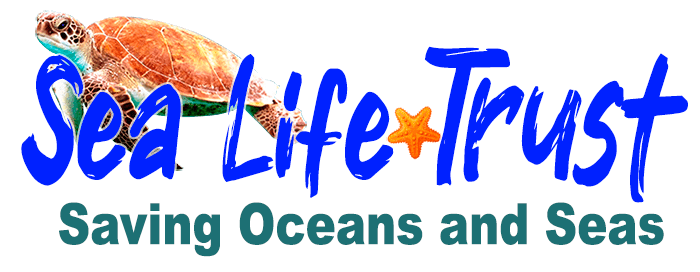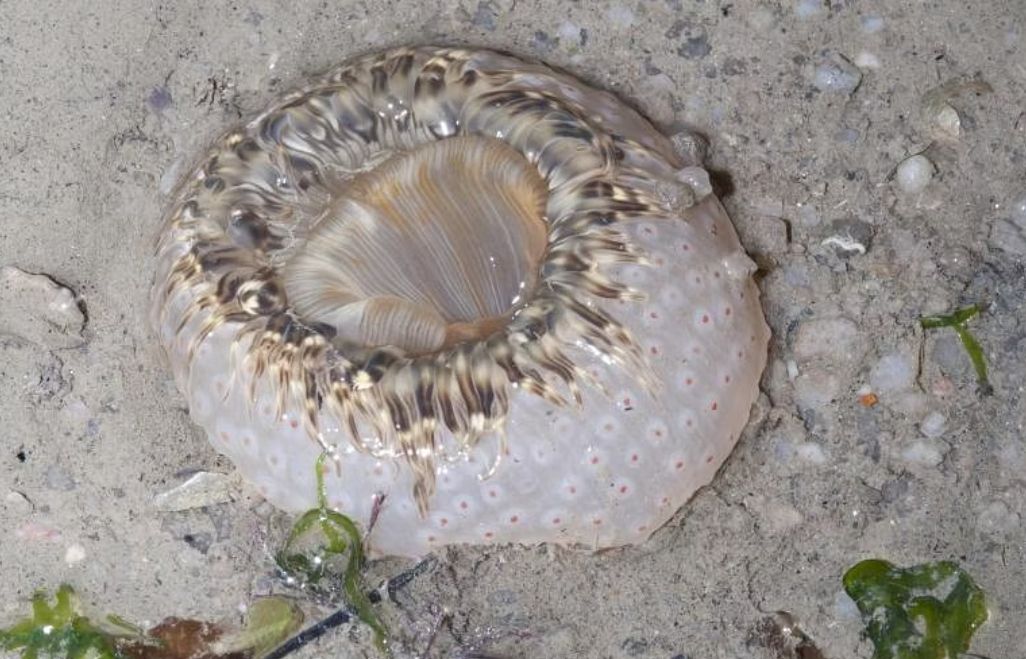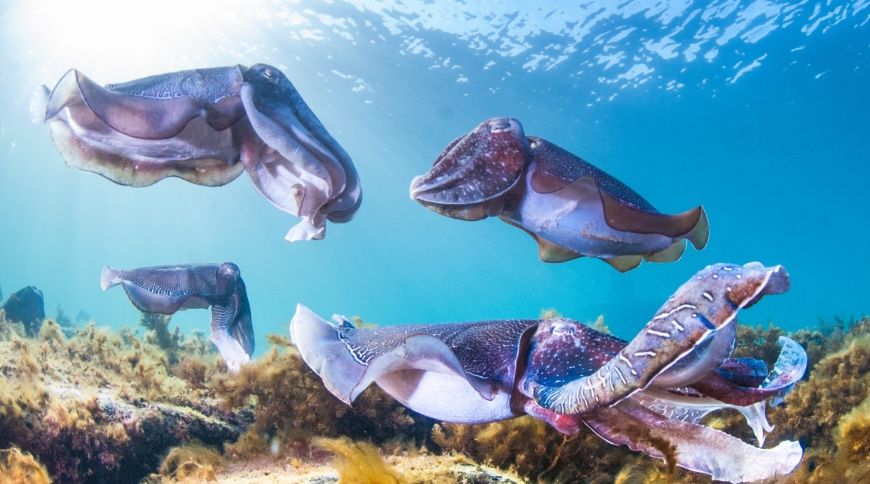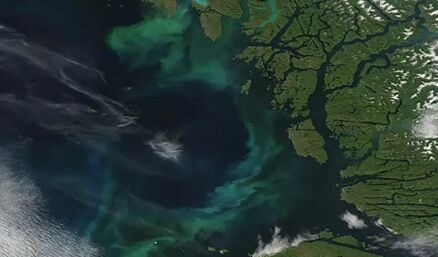The Ocean Youth Program: Empowering the Next Generation of Ocean Guardians
The Ocean Youth Program is a transformative initiative dedicated to empowering and engaging young individuals in marine conservation efforts. With a mission to foster a deep connection between the youth and the ocean, the program aims to create a generation of informed and passionate ocean advocates who can drive positive change for the marine environment.
Why Ocean Conservation Matters
The ocean plays a crucial role in sustaining life on Earth. It provides us with oxygen, regulates the climate, and is a significant source of food and livelihood for millions of people. Unfortunately, the ocean is facing unprecedented challenges due to human activities, including pollution, overfishing, habitat destruction, and climate change. The impact of these threats not only affects marine biodiversity but also poses risks to global food security and coastal communities.
Empowering the Youth for Ocean Conservation
Recognizing the vital role of the younger generation in safeguarding the ocean, the Ocean Youth Program aims to equip young individuals with the knowledge, skills, and passion needed to become effective ocean guardians. Through various educational and experiential initiatives, the program seeks to instill a sense of responsibility and stewardship among the youth, fostering a lasting commitment to marine conservation.
Key Components of the Ocean Youth Program
- Educational Workshops and Training: The program conducts interactive workshops, seminars, and training sessions to educate the youth about marine ecosystems, conservation challenges, and sustainable practices. These sessions are designed to be engaging and impactful, encouraging the participants to explore their connection with the ocean and the role they can play in protecting it.
- Marine Expeditions and Field Trips: To provide firsthand experiences of the marine environment, the program organizes marine expeditions and field trips. These excursions allow the youth to observe marine life, ecosystems, and conservation efforts up close, fostering a deeper appreciation for the ocean’s beauty and vulnerability.
- Community Outreach and Advocacy: The Ocean Youth Program emphasizes the significance of community engagement and advocacy. Participants are encouraged to collaborate with local communities, NGOs, and governmental organizations to promote ocean-friendly practices and policy changes that support marine conservation.
- Youth-led Conservation Projects: As part of the program, young individuals are encouraged to initiate and lead their own conservation projects. Whether it’s beach cleanups, reef restoration, or awareness campaigns, these projects empower the youth to take tangible actions to protect the ocean.
- Mentorship and Networking: The Ocean Youth Program facilitates mentorship opportunities, connecting the youth with experienced marine scientists, conservationists, and experts in the field. Such mentorship fosters personal and professional growth, inspiring the youth to pursue careers in marine conservation.
Impact of the Ocean Youth Program
The impact of the Ocean Youth Program is far-reaching and multi-dimensional. By engaging the youth in marine conservation, the program aims to achieve the following outcomes:
- Empowered Youth Leaders: The program seeks to create a generation of confident and capable youth leaders who can drive positive change in their communities and beyond. These empowered leaders will play a pivotal role in shaping the future of marine conservation.
- Increased Awareness and Advocacy: Through educational workshops and community outreach, the program aims to raise awareness about marine conservation issues and inspire advocacy for policy changes and sustainable practices.
- Sustainable Practices: By promoting sustainable practices, the program aims to reduce the human impact on the ocean, including plastic pollution, overfishing, and habitat destruction.
- Conservation of Marine Biodiversity: By fostering a deeper understanding and appreciation for marine biodiversity, the program aims to encourage efforts to protect and restore fragile marine ecosystems.
How to Get Involved
The Ocean Youth Program welcomes the participation of young individuals from diverse backgrounds and experiences. If you’re passionate about the ocean and its conservation, there are several ways you can get involved:
- Join the Program: If you’re a young individual interested in marine conservation, consider joining the Ocean Youth Program. Participate in educational workshops, expeditions, and community outreach initiatives to become an ocean guardian.
- Support the Program: If you believe in the importance of empowering the youth for marine conservation, consider supporting the Ocean Youth Program through donations or sponsorships. Your contribution can help expand the reach and impact of the program.
- Spread the Word: Help raise awareness about the Ocean Youth Program by spreading the word through social media, community events, and educational institutions. Encourage other young individuals to join the cause.
The Ocean Youth Program represents a beacon of hope for the future of our ocean. By empowering the youth with knowledge, passion, and a sense of responsibility, the program seeks to create a powerful force for marine conservation. Together, as a global community of ocean guardians, we can work towards a sustainable and thriving ocean ecosystem for generations to come. Join the Ocean Youth Program today and be a part of this transformative journey towards a healthier and more vibrant ocean environment.




